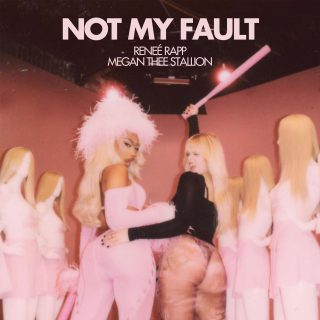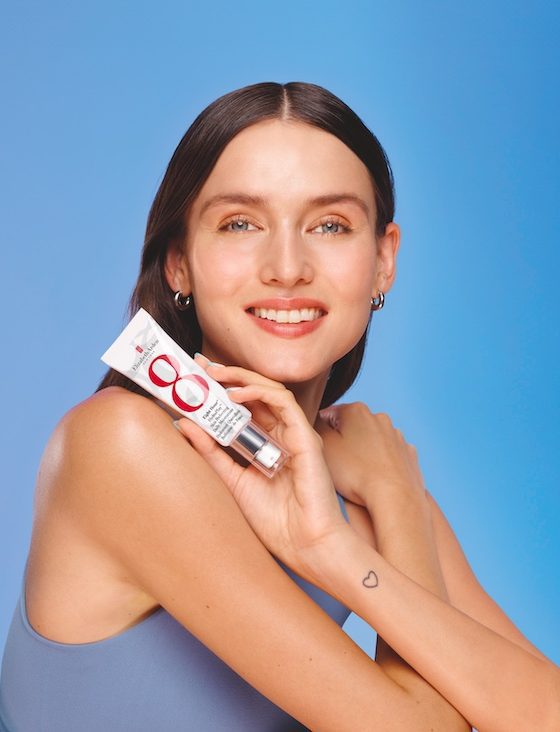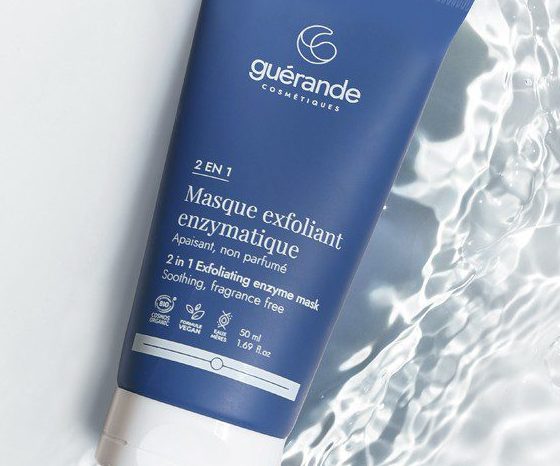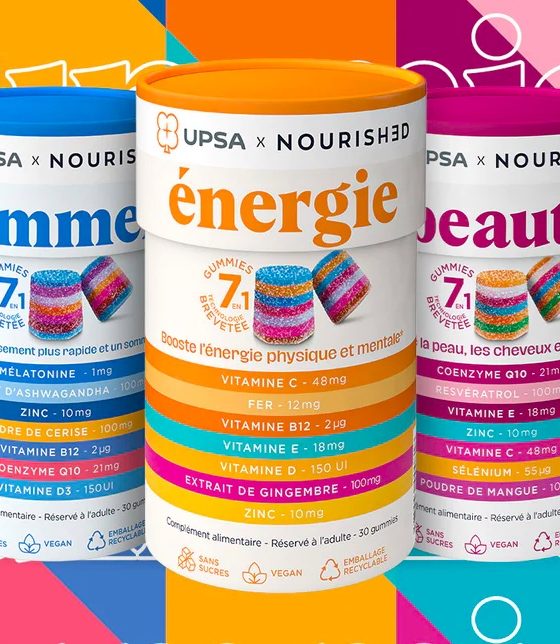Organic products, natural products… Buying beauty products with these labels is now part of our consumer habits. But aren’t we getting a bit confused?
In common parlance, the terms ‘organic‘ and ‘natural’ are often used interchangeably when talking about cosmetics products. However, their meanings are slightly different. We’ll explain.
Natural beauty products
Much sought after by consumers for their ecological benefits and the fact that they are not harmful to the skin, so-called natural cosmetics have very specific characteristics:
- They are made from natural ingredients. These include plant extracts, vegetable oils and minerals.
- They do not contain synthetic chemicals such as parabens or sulphates, which are very harmful to skin health.
- Natural cosmetics minimise the use of artificial additives such as chemical preservatives or synthetic fragrances. Grapefruit seed extract and vitamin E are highly effective natural preservatives.
- Creams, shampoos, soaps and other natural products are produced in a sustainable, environmentally friendly way, taking into account the manufacturing process and packaging.
Organic beauty products
In cosmetics, an organic product is formulated from natural ingredients that are themselves organically produced. In fact, the big difference between organic and natural cosmetics is that they are certified.
Still a bit vague? That’s normal, so let’s have a look at their main characteristics to get a clearer picture:
- The organic ingredients used in organic cosmetics must be certified. This means that farmers and manufacturers have to meet strict standards, generally relating to respect for the environment, biodiversity and animal welfare.
- Organic beauty products avoid synthetic and toxic ingredients in favour of natural ones.
- The ingredients are grown in a sustainable way to reduce the impact of the products on the environment.






























Follow us on Instagram